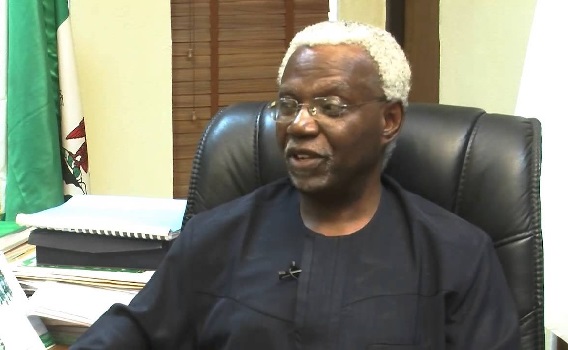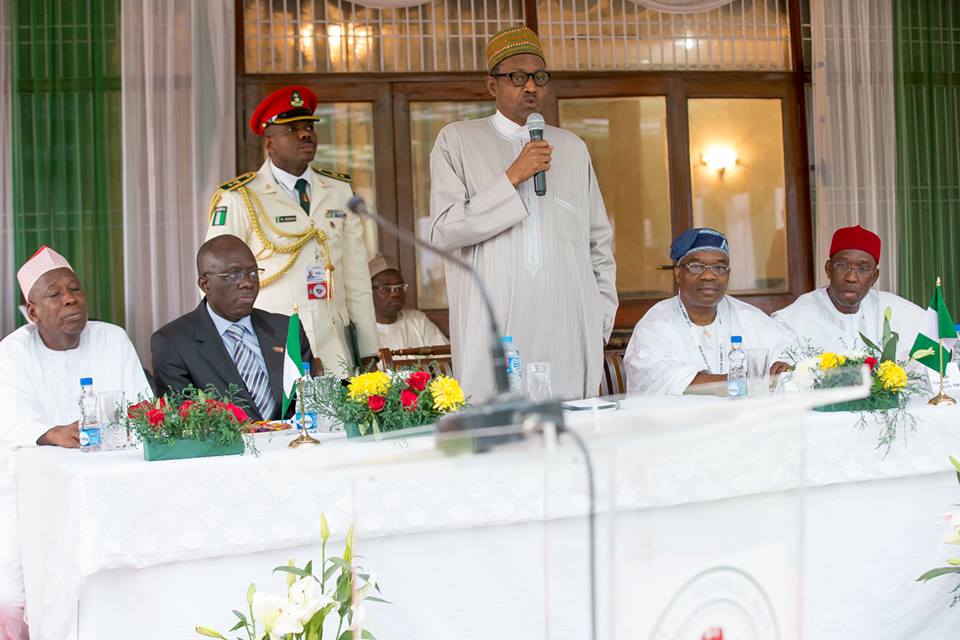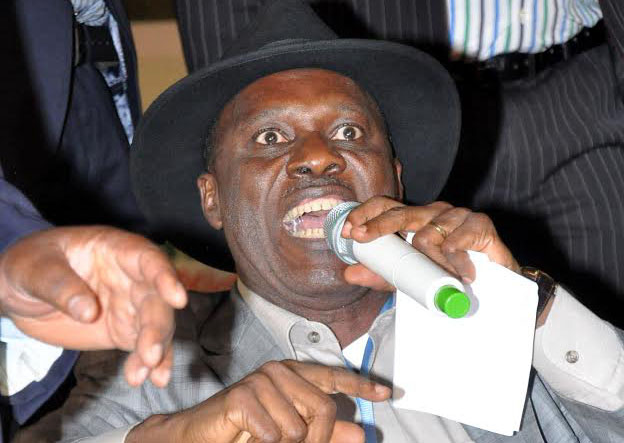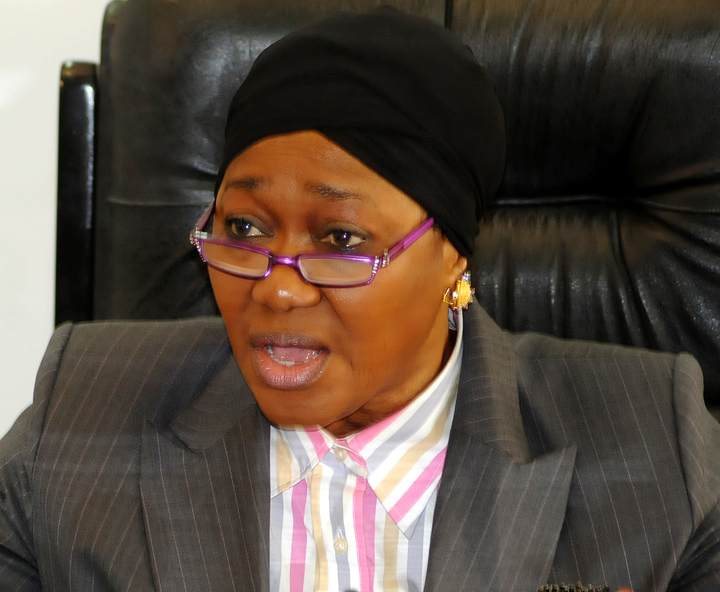Ekpo Nta, chairman of the Independent Corrupt Practices and Other Related Offences Commission (ICPC), has warned against the proposed merger of the commission and the Economic and Financial Crimes Commission (EFCC).
Speaking in an interview in Abuja, Nta said such move would not only affect the anti-corruption stance of the current administration but also demoralise the personnel working in the agencies.
He said the two agencies were not enough to prosecute the fight against corruption, pointing out that South Africa has more than eight organisations tackling graft.
If monopoly were meant to make things better, then there was absolutely no need to have unbundled PHCN,” he said.
Advertisement
“It is advisable that the anti-graft agencies be left mutually exclusive alone to operate to preserve their credibility.
“Well, the first thing people normally think is that when there is shortfall in the funding mechanism of something in the country, we should begin to rationalize.
“You can rationalize those processes that are taking money away that you cannot explain. I would rather invest in processes that would protect the little money that I have for me to be able to do more things.
Advertisement
“And the best way of investing is to protect the money and make it available by having anti-corruption bodies that are specialized in the approach of doing what they need to do.
“It is the same thing that has been happening all over the world for those countries that have successfully addressed the issue of corruption. They have specialized agencies addressing the issues
“I think the way our anti-corruption agencies are situated; it is easier to understand our mandates. If the mandates were not clear, I would have been one of those supporting it (merger); not because I am working here. I am not a permanent staff, but I speak candidly as a Nigerian, as somebody who has worked in the public service. I know the effect of what we stand to lose by letting these agencies fuse.
“Under the international treaty that brought them into play and the specialisation that they have derived and the mandate that they are executing, it’s not the best way to go. As a matter of fact, even, we need one or two more in specialised areas.
Advertisement
“South Africa has eight anti-corruption agencies! And they don’t have the kind of population that we have. And you look at all other parts of the world that are succeeding, they have quite a number.
“I have always had this impression that specialisation is the answer. Whether we like it or not, the world is becoming more specialised. If we begin to create omnibus bodies, we will probably run into problems.
“And you know that Nigerians are fast to accuse anti-corruption agencies of being used by government against political enemies. Is it easier to use one or three or four? Can you influence all, or when you have a monopoly? That is an invitation to crisis”.
Advertisement
Add a comment







